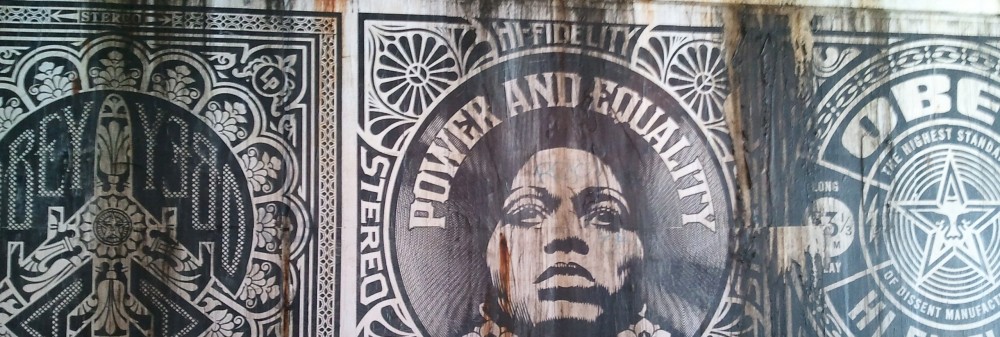Continuing our interviews this Friday lunchtime with some of the writers who have contributed to the Burning Bush 2, we have award winning Irish poet Afric McGlinchey.
How long have you been writing? I’ve been writing sporadically since my teens. When I returned to Ireland in 1999, I started attending workshops at the Munster Literary Centre, and that increased my commitment. But it became an obsession after I did a six month Faber Academy course in 2010!
What was your first publication? It was The lucky star of hidden things, a poetry collection, published by Salmon in 2012.
What have been the most significant developments, negative and positive if you like, in poetry in Ireland over the last 10 years or so? From a positive point of view, the increase in the number of open mic venues has helped enormously in creating the sense of a poetry community, as well as the opportunity to try out your work, and develop confidence in delivery. Also there are several new journals, both in print and online. But as we’re a small country, there’s the danger of a lack of diversity. There’s also been a leap in the number of competitions on offer, so there’s more opportunity to win or be shortlisted, but it’s possibly of less value now, as they’re so common. And the rise in cost of entry fees is unwarranted and very off-putting in certain competitions. Then there’s the proliferation of MA and M.Phil degree in creative writing, which might raise the bar in terms of quality of writing, but might also add to the homogeneity of work coming out of Ireland.
What do you think needs to happen, and what would you like to see happen, in Irish poetry over the next few years? Anonymous submissions to journals would be great, to avoid cronyism, or bios influencing decisions. We have a lot of festivals, but I’d still like to see more poetry discussions and academic talks rather than writers merely reading from their new books. I think that would add an exciting dimension. But prices for festival tickets need to go down. €18 per event is simply too expensive. I’d also like to see more of a gender balance in the work published. In fact, we need more female editors too.
One positive direction I’ve noticed is working towards making poetry more visible to the general public – for example, in shop windows (Pól O’Colmain organized this during the poetry marathon in Skibbereen). I’d love to see more of this: at bus shelters, in banks, hospitals, on trains etc. I also think the page poets and the performance poets could learn from each other. I like Christodoulos Makris’s Vice Versa initiative, where poets are paired to read each other’s work. And I loved Dimitra X’s Poetry Series. These are great innovations.
Boston or Berlin: are we European writers in the English language or are we wholly steeped in the Anglosphere? From where I’m standing, we appear to be steeped in the Anglosphere, unfortunately. I think it would be very exciting if there were more incentives for engagement with European poets, translation exchanges etc. I’ve been selected as one of seven writers going to Italy next year on an Italo-Irish literary exchange, something that the Irish Writers’ Centre was instrumental in setting up, along with their Italian counterparts, and I think that’s definitely a step in the right direction.
Finally, if you had to recommend one regular poetry event in Ireland to someone, what would it be? Cork’s O’Bhéal, of course! But not only because I’m biased – I’ve heard many guest readers from all over Ireland and abroad say that it is the best venue they’ve visited. And I’ve read at many venues myself, in Ireland and in England, and it’s a hard one to beat for atmosphere, the welcome, and attentive listening.
Afric McGlinchey grew up in Ireland and Africa. She is a workshop facilitator, editor and reviewer and tutors poetry online at www.africmcglinchey.com. Her debut collection, The lucky star of hidden things, was published in 2012 by Salmon Poetry. She won the Hennessy Award for Emerging Poetry in 2011 and the Northern Liberties Poetry Prize (USA) in 2012. She lives in West Cork.
